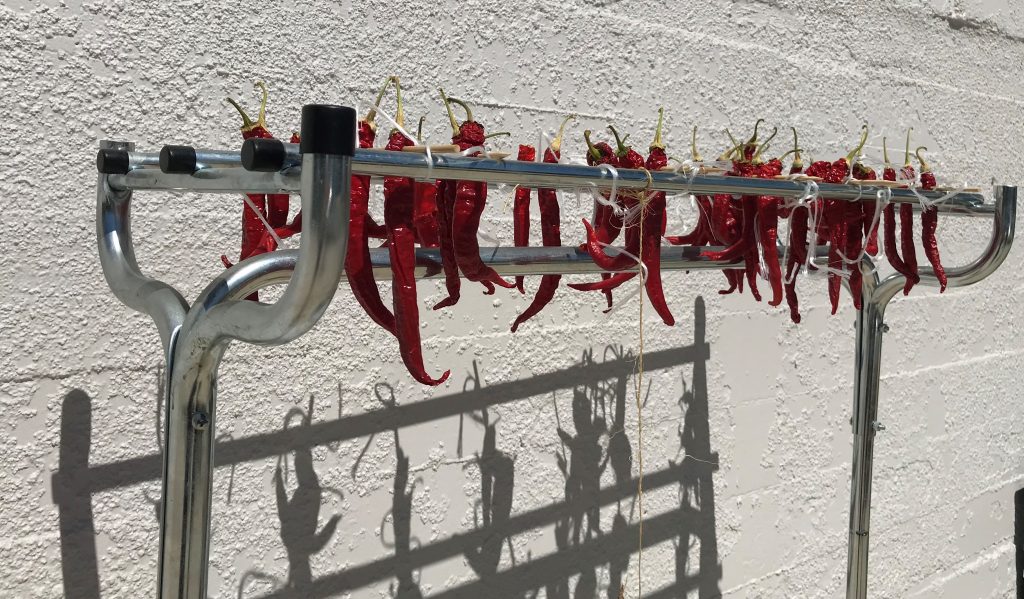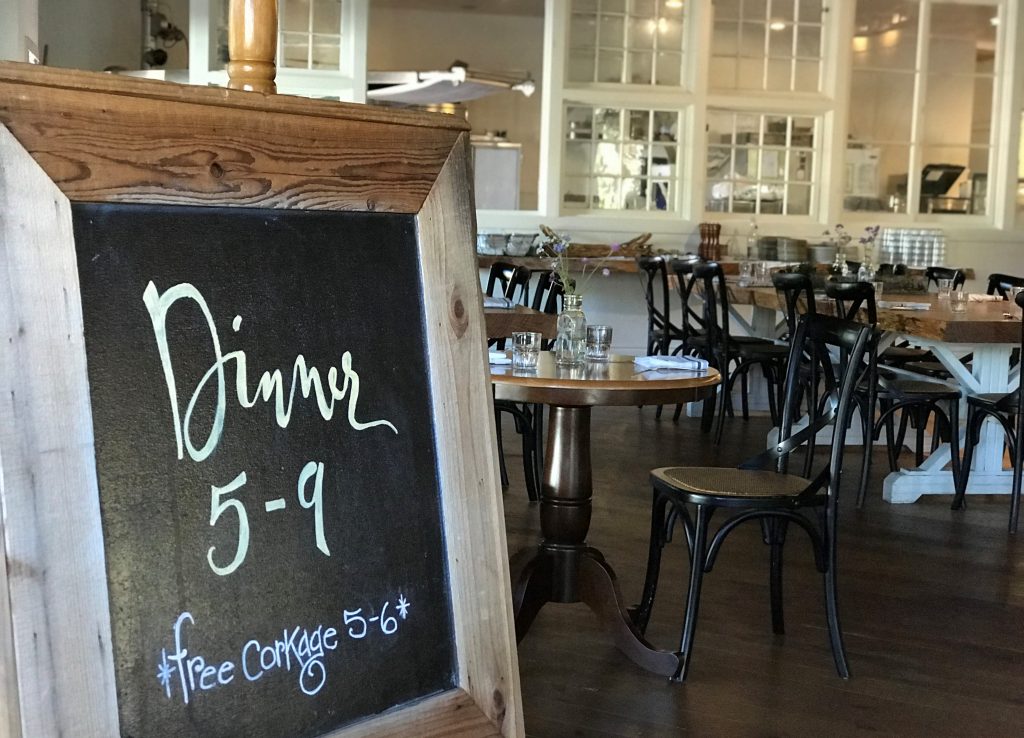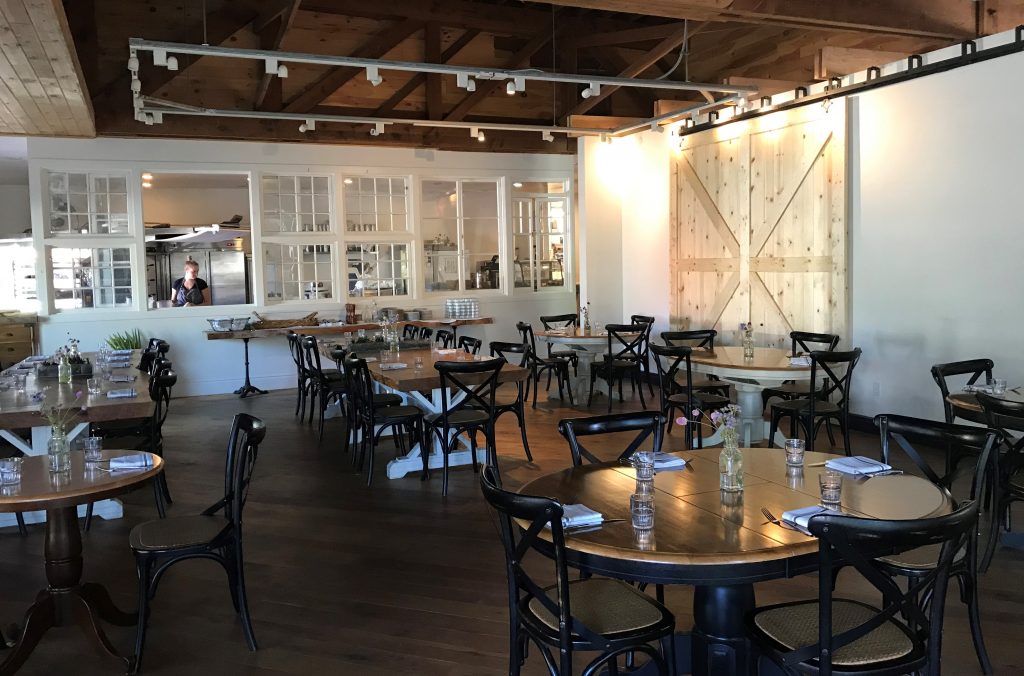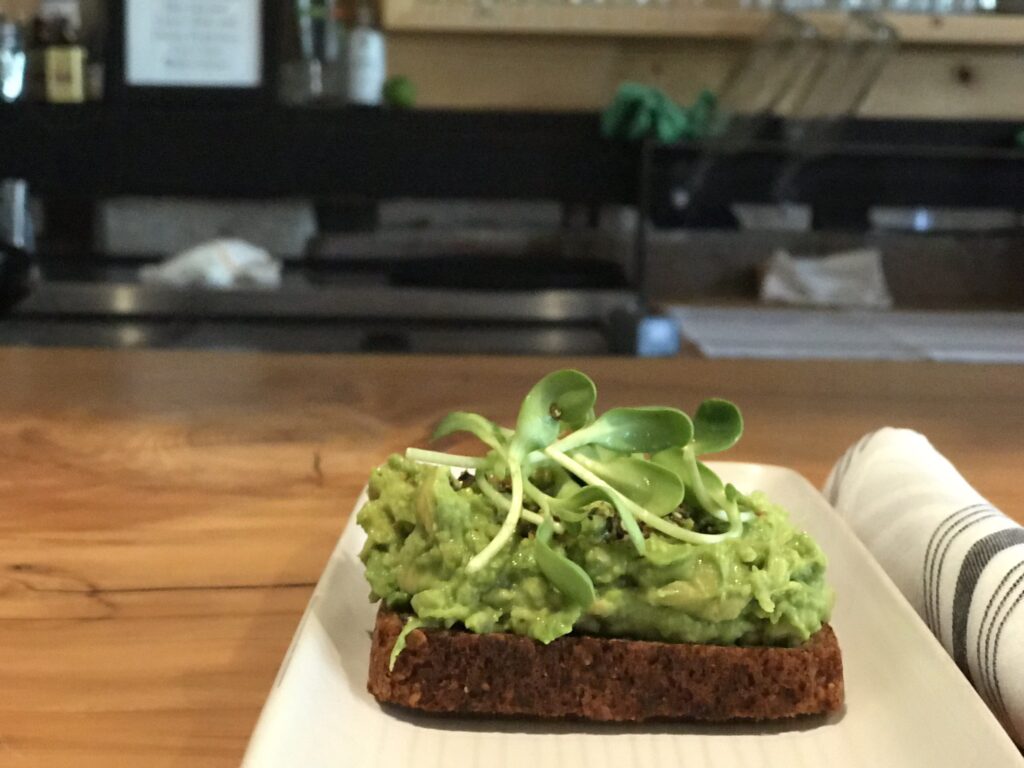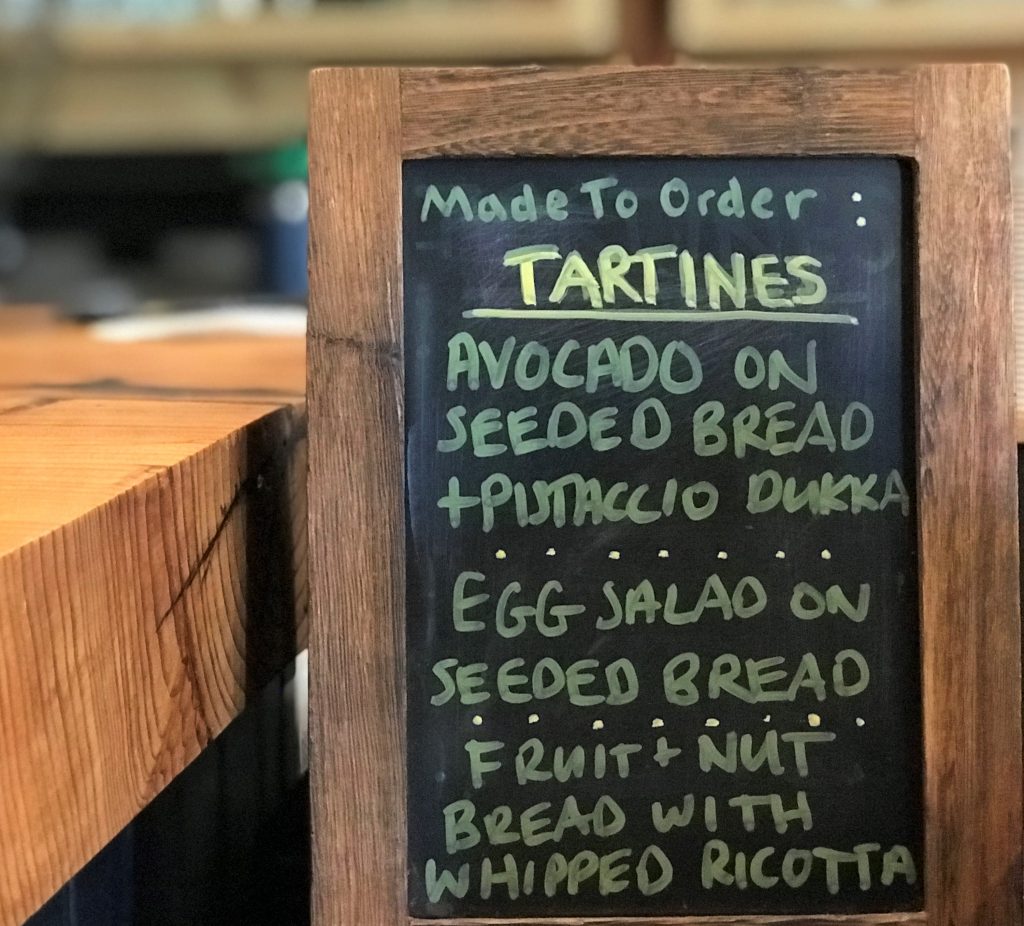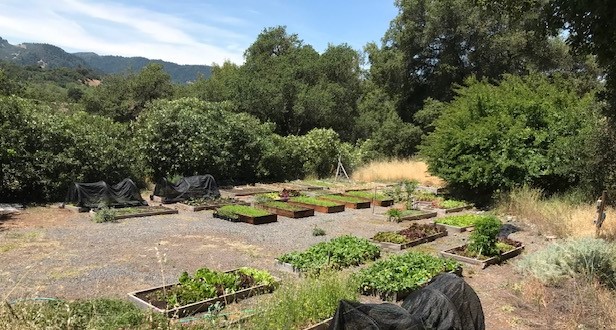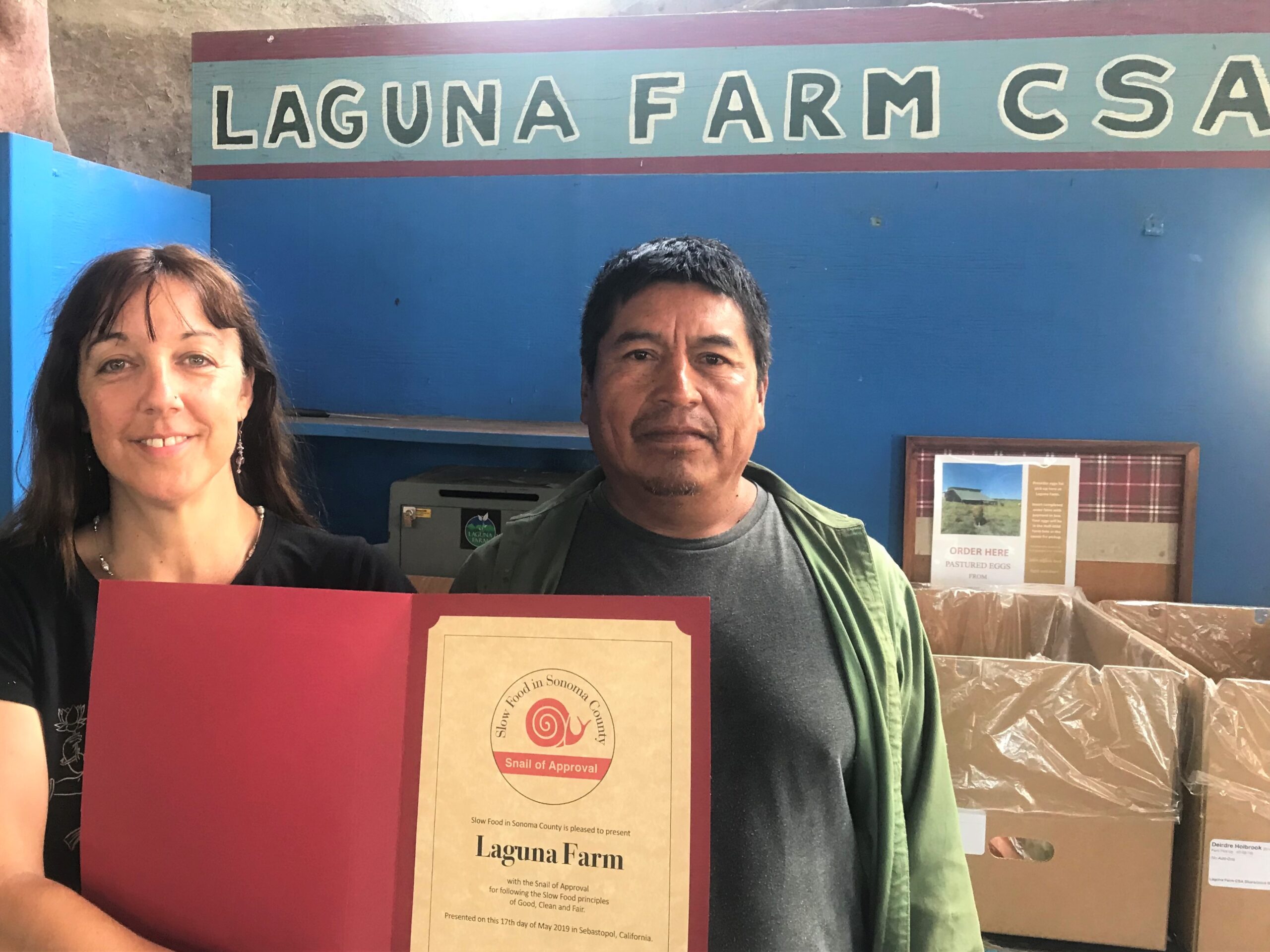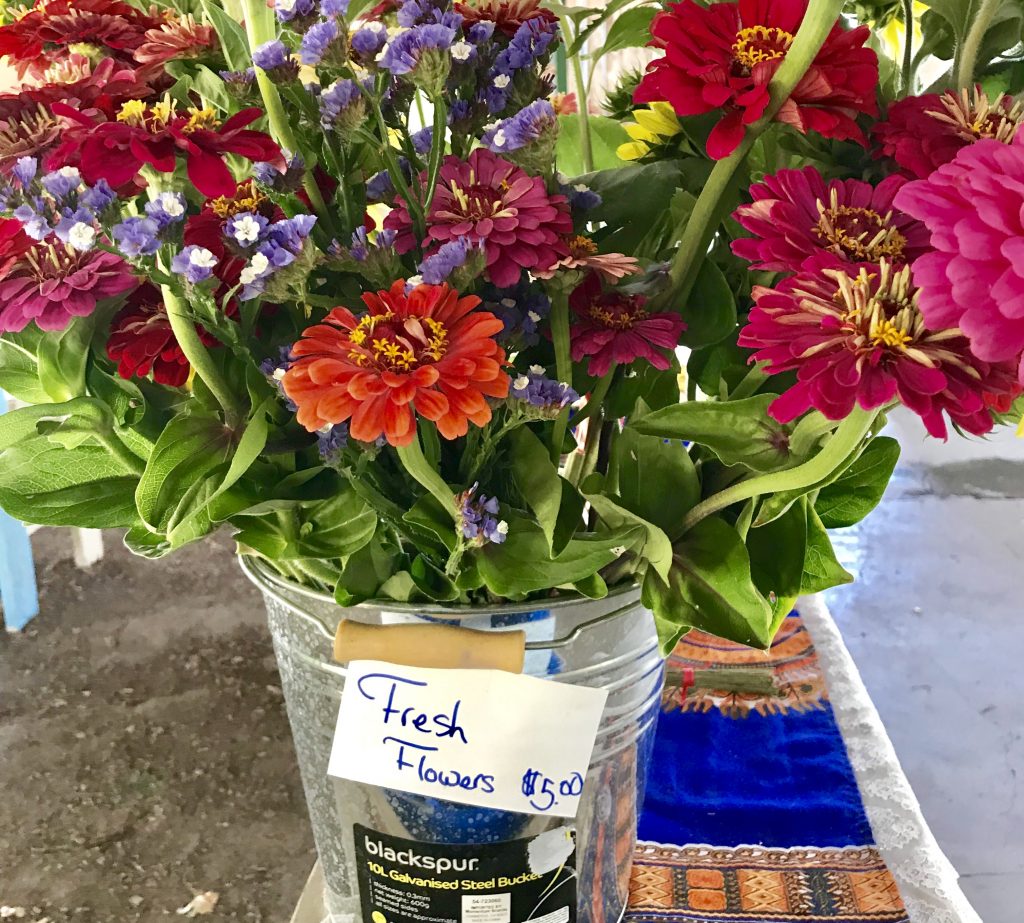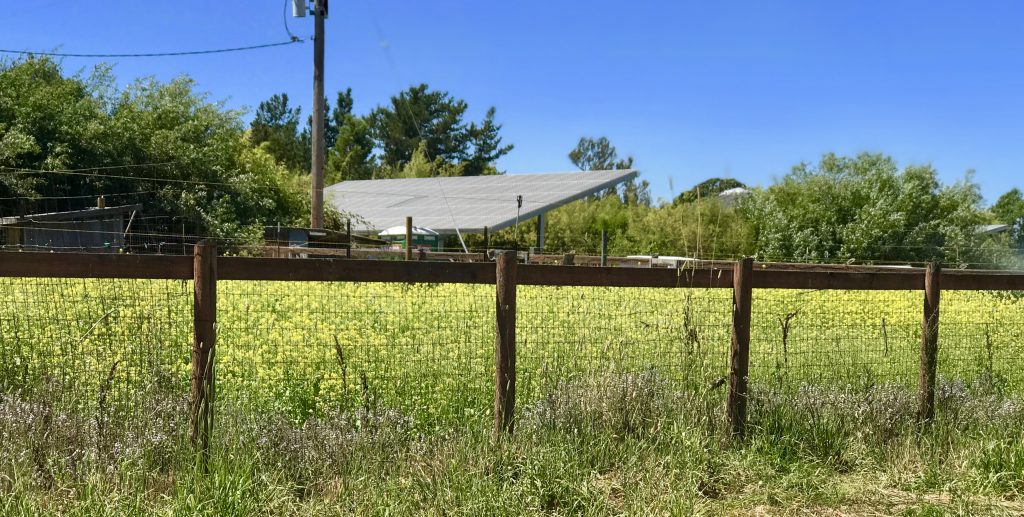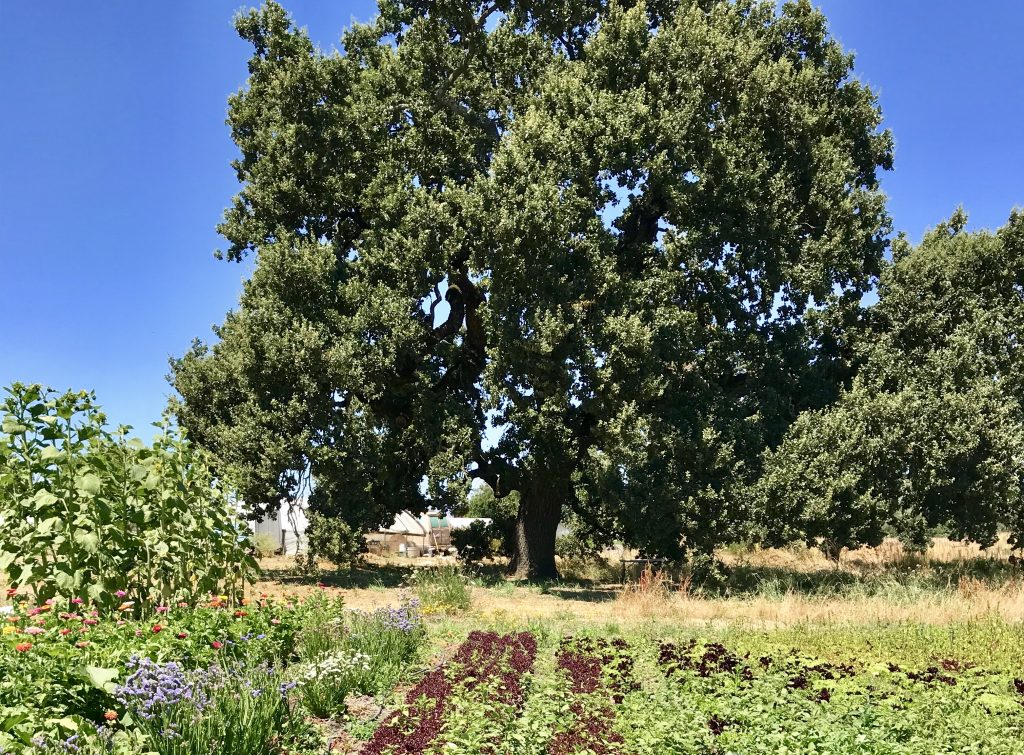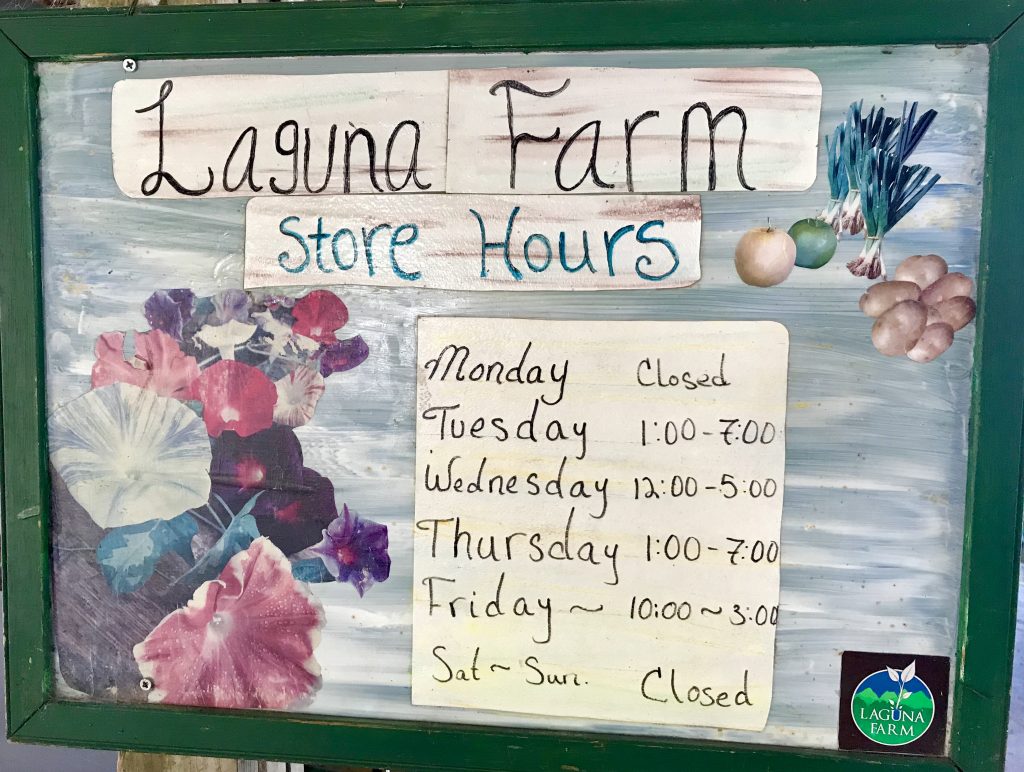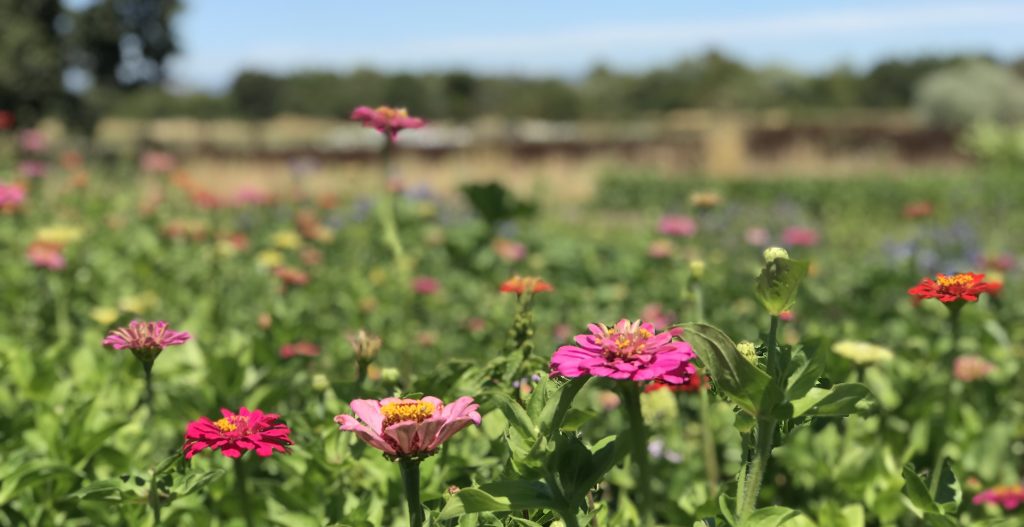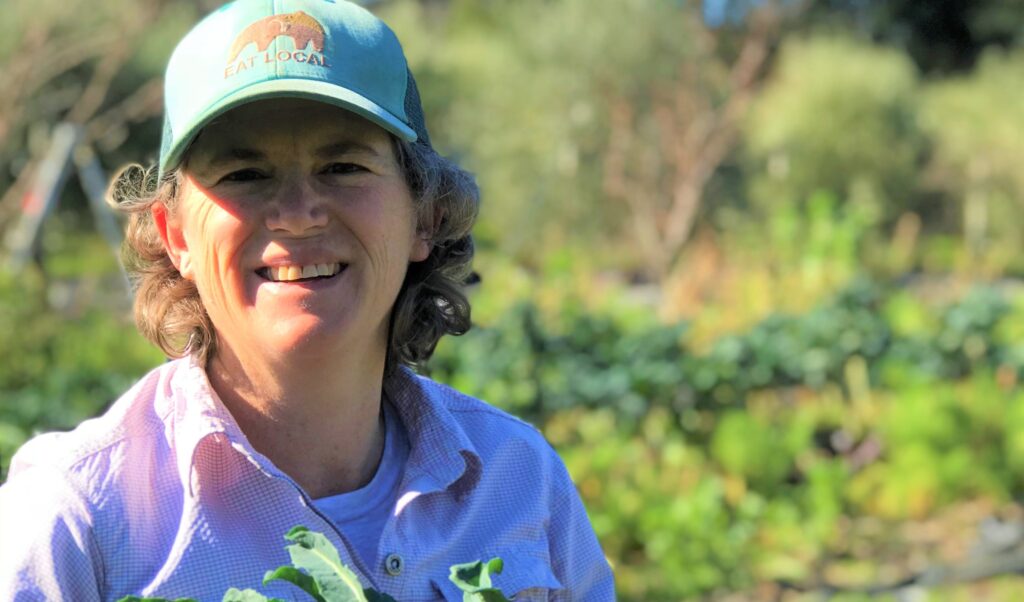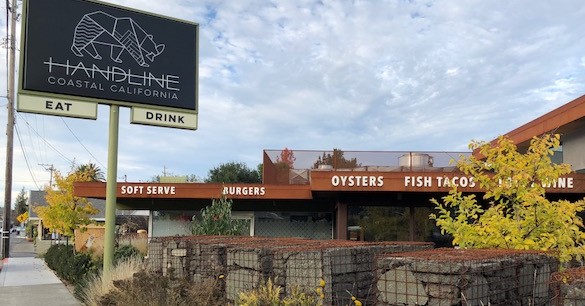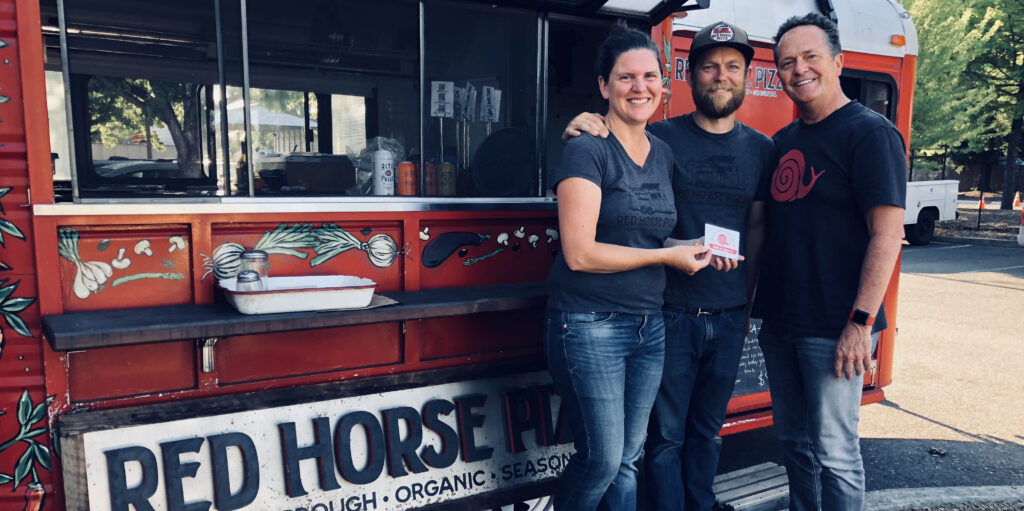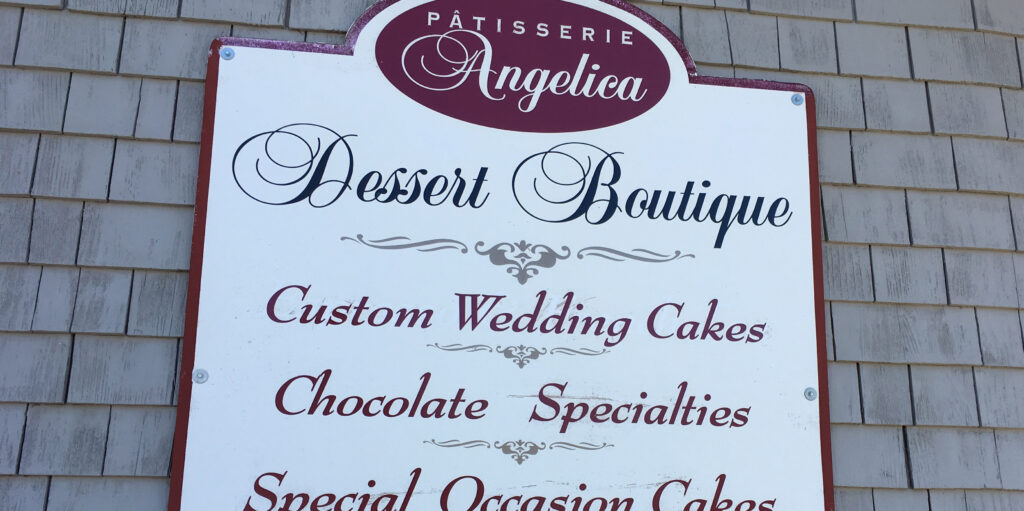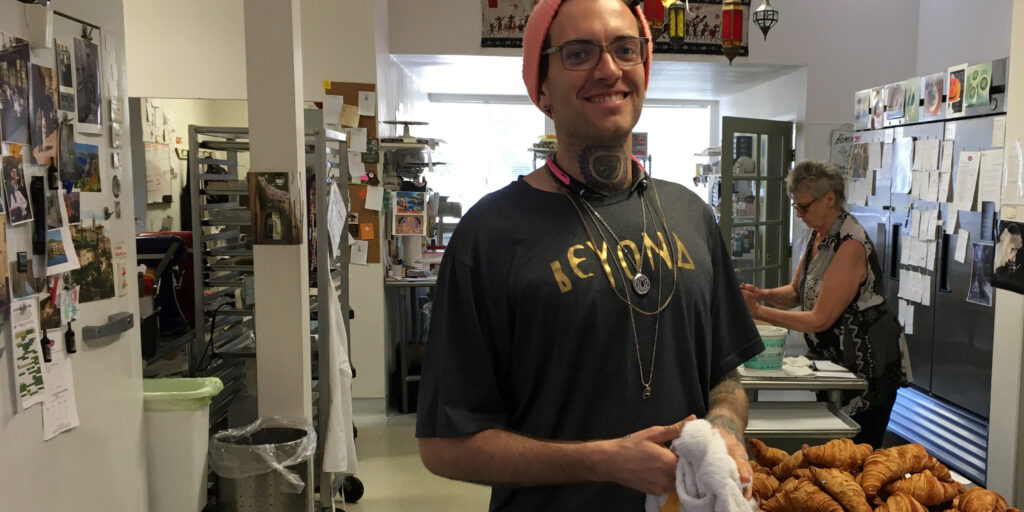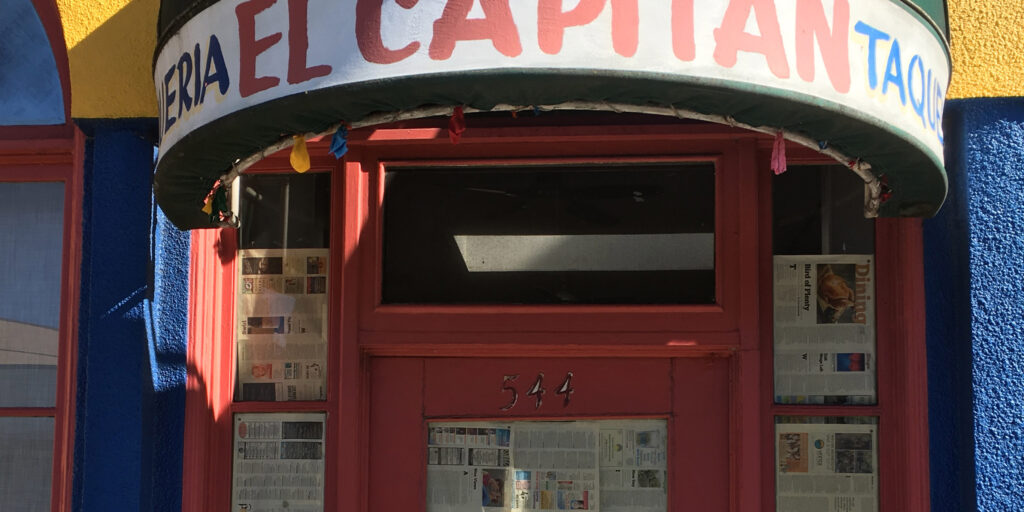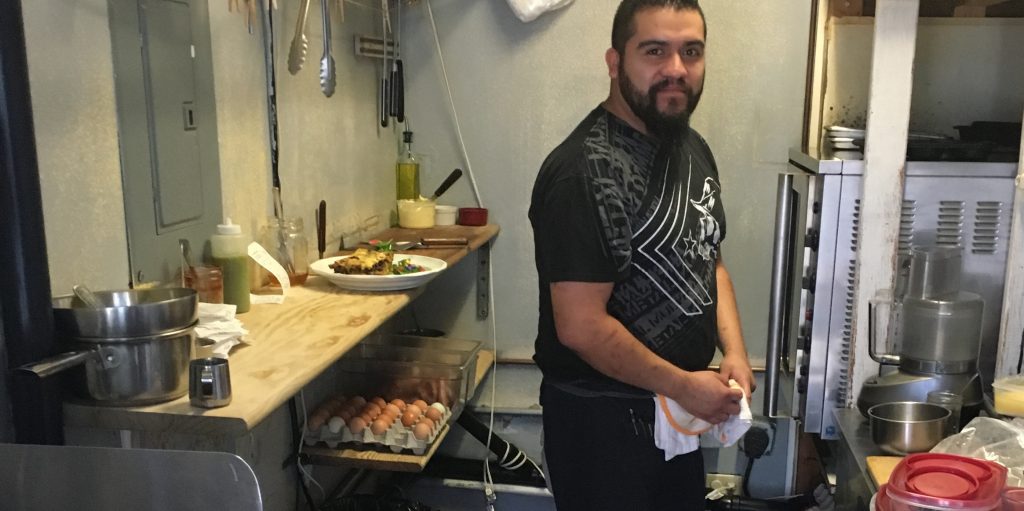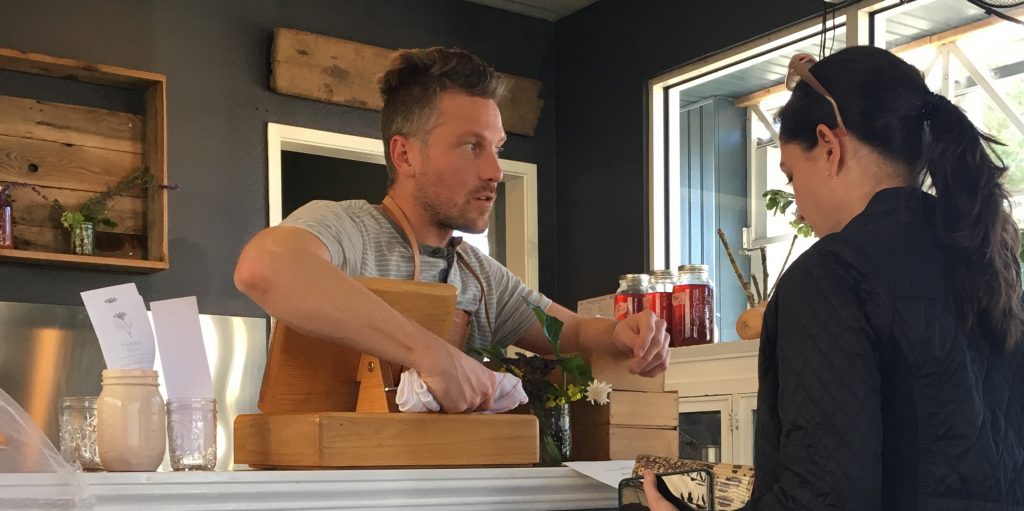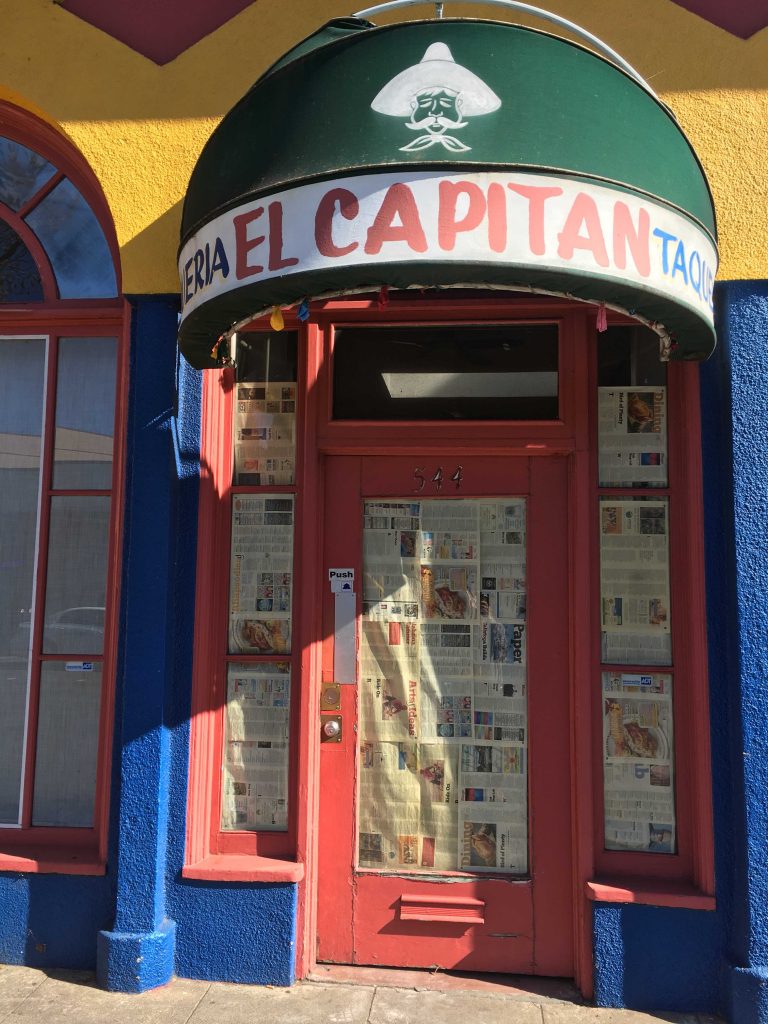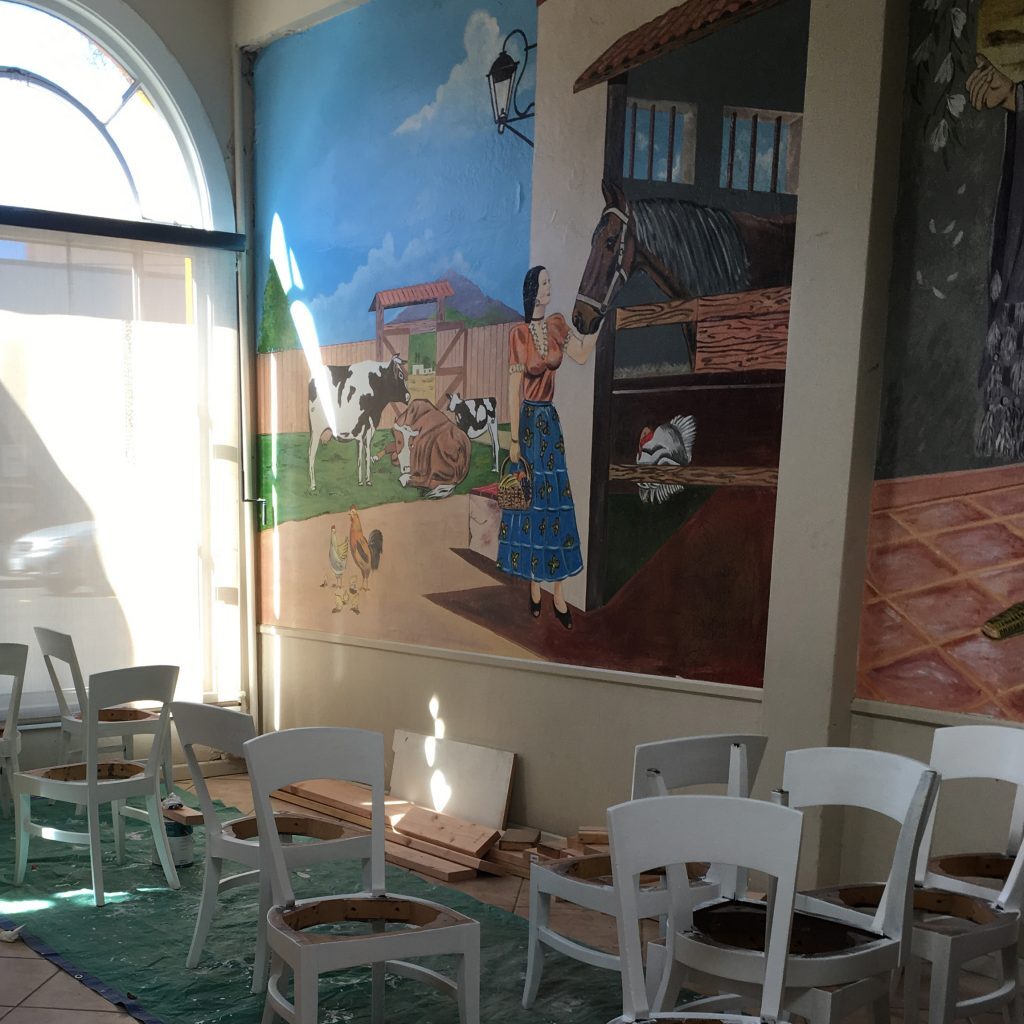By Ellen Shick
The Italian expression, come il cacio sui maccheroni, literally – like cheese on macaroni – means bringing something to perfection at the perfect time. Slow Food’s Snail of Approval program expanding to include farmers and producers is like cheese on macaroni. In current times, it is imperative to recognize the important work of family farms and local producers such as DaVero Farms and Winery Owners Ridgely Evers and Colleen McGlynn received a Snail for Production of olive oil and a Snail for their farm. Nestled in the Dry Creek Valley in Healdsburg, the home farm and estate produce olive oil, fruit, vegetables and wine on over 22 acres of bucolic biodynamic farm. We are so happy to gift DaVero with the red and white Snail that signifies good, clean and fair. DaVero listens to the land.
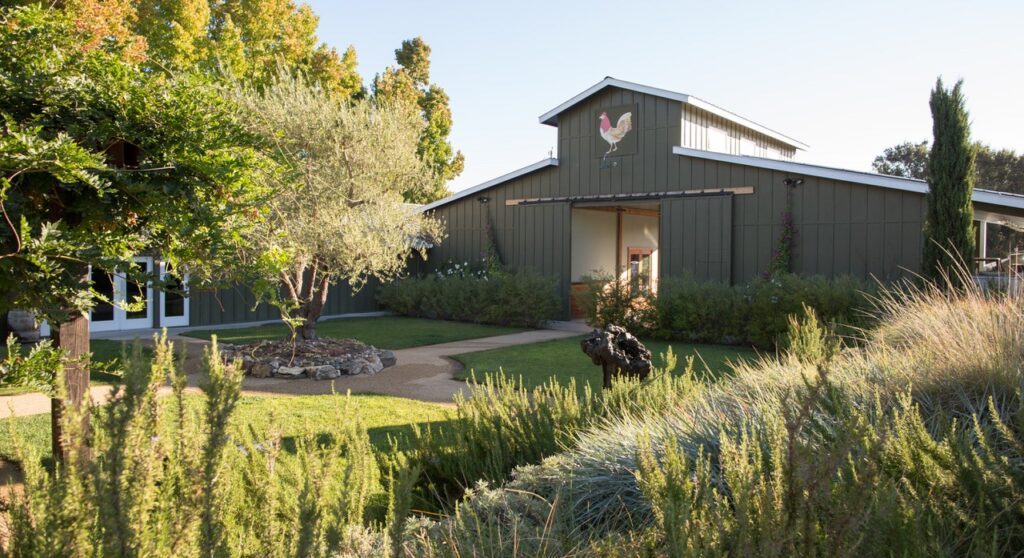
DaVero Farms and Winery
(Paige Green Photography)
Slow down and listen to the land
Ridgely Evers, Stanford MBA grad, developer of QuickBooks, has been writing code for 53 years. He relies on his left brain to solve problems and navigate the tech world. However, at DaVero Farms and Winery, it’s his right brain that runs the show. His award winning olive oil, Italian wine varietals and biodynamic farm evolved from slowing down and listening to the earth. Ridgely believes in forging a connection with nature and deciphering her mysteries on a daily basis. Teamed with his wife, Colleen McGlynn, Ridgely and DaVero epitomize farming at its best.
A beautiful partnership
Working side by side for 25 years, Ridge and Colleen built DaVero, each bringing their unique talents to the project. Colleen, a highly accomplished chef, creates alchemy in the kitchen. Utilizing her vast experience, she takes the high quality ingredients produced at DaVero and works her magic. One of her first projects was to hand out olive oil samples in grocery stores. Today, Colleen wears many hats. When guests describe her, they recall sumptuous meals she has prepared and her radiant smile that makes everyone feel at home.
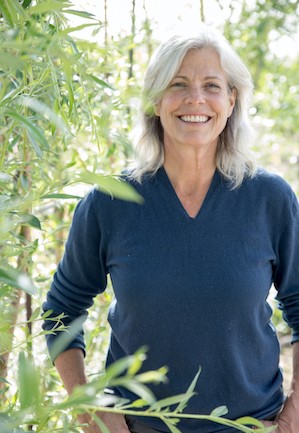
Colleen McGlynn – co-owner, artist and chef (Paige Green Photography)
Biodynamic farming
For our species to survive, we must find ways to create sustainability. Further, agriculture plays a large role and the sustainable farming movement represents an idea whose time has come. Ridgely and his team at DaVero passionately believe in these ideas. When Ridgely learned about biodynamic farming, he knew intuitively it was just right. He describes the biodynamic certification process as a conversation, a collaboration between farmers who see each individual farm as a living organism with unique characteristics. Each farm has its own fingerprint. When Ridgely bought this land in 2008 it was “gravel parking lot dead.” After 40 years with heavy chemical use the land needed to be brought back to life. Now this biodynamic farm, “is in its 12th year of a 30 – 40 year rebuilding process,” said Ridgely.
Let’s talk regenerative farming
Biodynamic farming can be defined as regenerative, which goes beyond the idea of sustainability. To sustain means to keep the status quo, a system that will endure and continue without depleting the available resources. That is all good and fine. But regeneration takes this idea a bit further. Regenerative agriculture suggests more than simply maintaining; it revivifies, gives new life and new blood. It is meant to return carbon to the soil and increase biodiversity. That sounds like a great idea and another example of listening to the land.
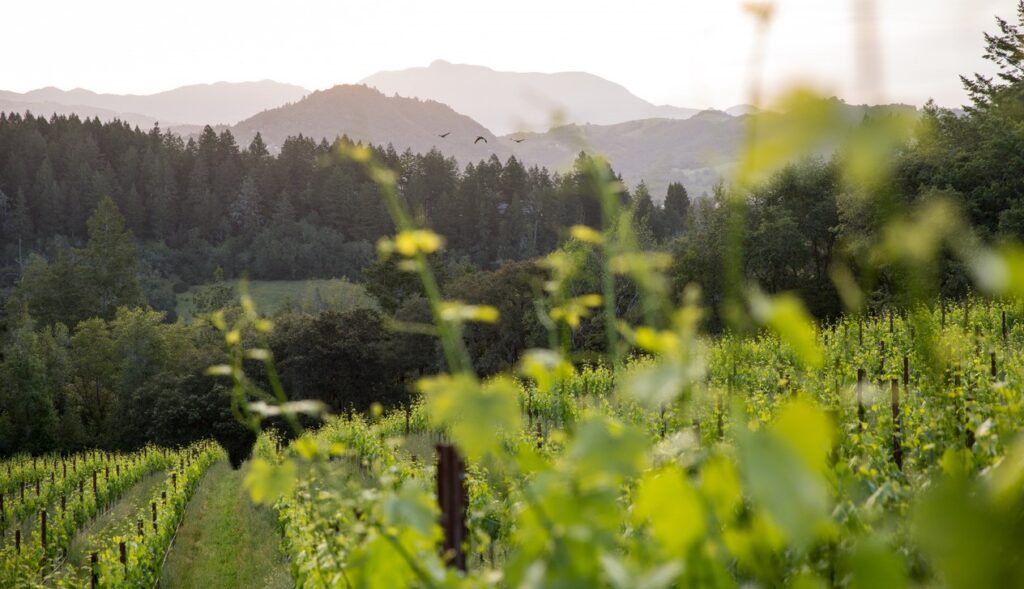
DaVero home farm
(Paige Green Photography)
Soil keeper
Master farmer and DaVero’s very own soil keeper, Michael Presley, is a local treasure. His far-reaching and vast odyssey led him to his dream of dreams, to work in verdant Sonoma County at DaVero. Michael describes the farm and winery as sustainable, biodynamic, regenerative and organic. Michael’s most important task: fertility composting. Michael listens to the land.
Let’s go back to 1982. Michael came to Sonoma County with a degree in atmospheric science and jumped into a biodynamic gardening apprenticeship at the Farallon Institute. Next, he landed in Occidental Arts and Ecology Center where he acquired his love for composting by making those “beautiful artisan compost piles in the garden.” said Michael. At this time, he made the decison to farm and garden for the rest of his life. After a deep dive into farming in New Zealand, he returned to Sonoma County in 1986 and started Ocean Song with Pieter Myers.
Further, as Michael continued to follow his passion for healthy soil, he farmed in Hawaii for 3 years and then at Taylor Made Farms for 12 years. His path led him to wineries and intensive beneficial gardening to match the wine programs. Now, as soil keeper at DaVero, he feels he has finally achieved his dream. Soilkeeper is his most favorite title of all.
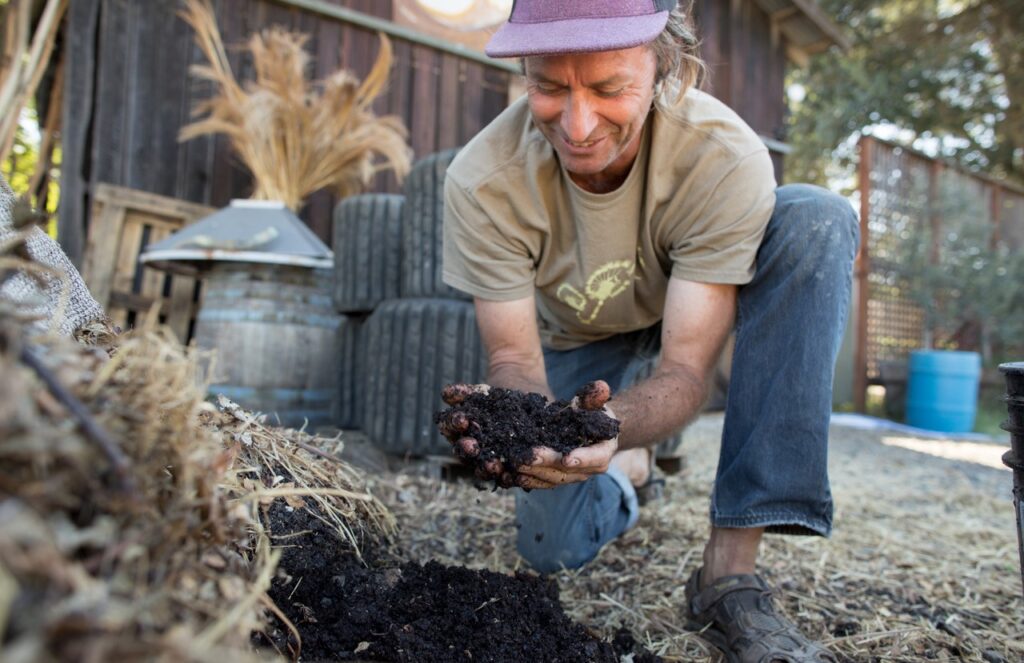
Soilkeeper Michael Presley
(Paige Green Photography)
An Orchestra
Every season, Michael meets with other biodynamic farmers through the Biodynamic Association of Northern California. This group of local farmers, gardeners and philosophers get together to share experiences, listen to speakers and learn from each other. Michael told me during our interview, “As an aging hippie farmer, it’s where I go to learn.”
As a result, in DaVero’s winter garden, we see kale, chard, arugula; in summer it’s heirloom tomatoes, eggplants, corn, lots of garlic, and of course, olives and grapes. We find a lovely supply of Slow Food Presidia Bodega Red and Roho Red Garlic. In addition, Michael continues to build a flourishing seed bank.
Michael says DaVero is, “Like an orchestra- so many instruments and players going on. But having a focus on fertility helps dial in a more intimate type of farming where you are looking at soil, root, plant, leaves, and fruits; it’s all one system.”
Education comes first
DaVero is all about education. “If someone leaves here without learning something, we have failed.” says Ridgely. His project is less about entertainment or selling olive oil or wine; it’s about showing what is possible. Each visitor that comes to DaVero gets “the good stuff” which is the figurative translation of the name.
Ridgely handed me a beautiful glass of Sangiovese and thus our tour of the farm began. The winery and garden are located at 766 Westside Road in Healdsburg, and the home estate lies just a few miles away. It was a crisp winter afternoon and the sun cast pink hues on the Tuscan olive trees. I was ready to slow down and listen to the land.
Ridgely can be best characterized as energetic educator and raconteur. He is everywhere at once, a stickler for detail with an intense fervor for learning. In addition, he has a playful nature, riffing a perfect German accent to illustrate a point or flinging out his arms to imitate the shape of a proper grape vine. He took me on a leisurely tour of the farm, patiently answering all of my questions in depth and ending our tour with an informative wine, food and olive oil tasting session. I left with a happy palate and a heart full of inspiration and curiosity. I realized I had a much deeper understanding of agriculture and soil through Ridgely’s friendly and kind teaching style.
A Mosaic
DaVero farm and winery resembles a mosaic, each intricate part contributing to the thriving dynamic organism. One important aspect of this smorgasboard is the vegetable garden, or what Ridgely refers to as the immune system. It attracts and supports beneficial insects and birds which in turn protect the rest of the property. “They have done a magnificent job,” said Ridgely. Another part of the melange are the members and visitors to the farm, you know, the humans. We play a vastly important role by contributing to the economic viability of the project. In return, we get to taste and purchase olive oil, wine, jams and eat Colleen’s delicious culinary creations.
For example, during a seated tasting, guests sit inside the living Willow Circle, one of Colleen’s many innovative projects. She took cuttings from an Italian willow tree and planted them in the shape of a large ring. Then she plopped a picnic table in the center and let the branches meld together to provide a relaxing spot for guests. The branches are flexible and strong, so they can be used to tie the grape vines.

Colleen’s creation – DaVero’s Willow Circle (Paige Green Photography)
The Olive Oil
This thriving medley of delights began with olive oil from Tuscany. At the start of our tour, Ridgely brought out his prized possession; a climate map. He traced his finger from Northern California, heading due east to the Mediterranean Sea. It turns out that our latitude line in Northern California, 38 degrees N, just about coincides with central Italy. During his search for a similar climate, Ridgely found Lucca, a small town in Northern Tuscany. “Lucca feels like here; it looks like here, and it even smells like here.” said Ridgely.
DaVero extra virgin olive oil has won every award. Ridgely Evers traveled to Lucca, Italy, to find the most delicious olives that are compatible with the Sonoma County climate.
Thanks to a very generous Italian farmer, Rigidly brought home cuttings from the 800 year-old olive grove. Since then, DaVero olive oil has won every award in the world. Visit the Olive Oil Demystified page on their website for lots of good info. Stop in to the Winery on 766 Westside Road in Healdsburg to purchase their olive oil soap, Meyer lemon olive oil, Italian wine and yummy jams from their estate fruits.
The employees enjoy the produce
The estate supports 22 acres of olive grove with five more acres on the Westside Road property. The farms employee 18 full time staff. All of the produce grown on the farms is given to the employees. Not a bad deal.
DaVero is open every day from 11 – 5, so please stop by for a visit and enjoy the peaceful ambiance. If you are interested in learning more about the biodynamically grown produce and olive oils, schedule a farm to bottle experience. Come to DaVero, slow down and listen to the land. Ridgely and Colleen will welcome you with open arms.
About Ellen Shick
Ellen Shick is a proud Slow Food member and is always on the lookout for ways to feed the world, one delicious meal at a time. Traveling through Italy has become a passion and life journey. Ellen’s blog An Italian Dish is her place to share travel adventures, recipes, photos, books, and stories about her love of Italy, the food and the people.








